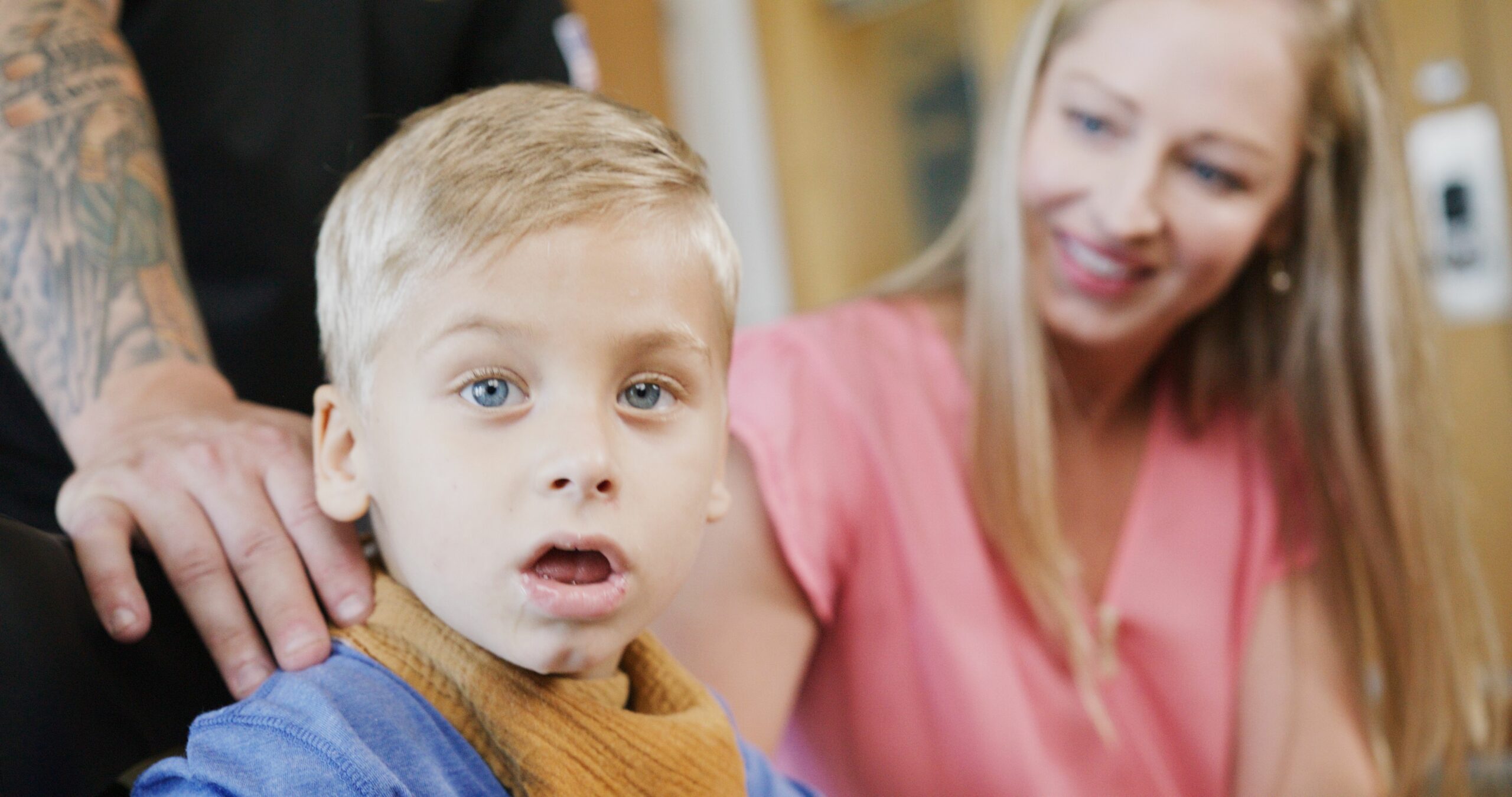
Isaac’s Impact
Children’s hospitals provide advanced care for the most complex conditions in environments specially designed for pediatric patients, allowing children like Isaac to thrive.
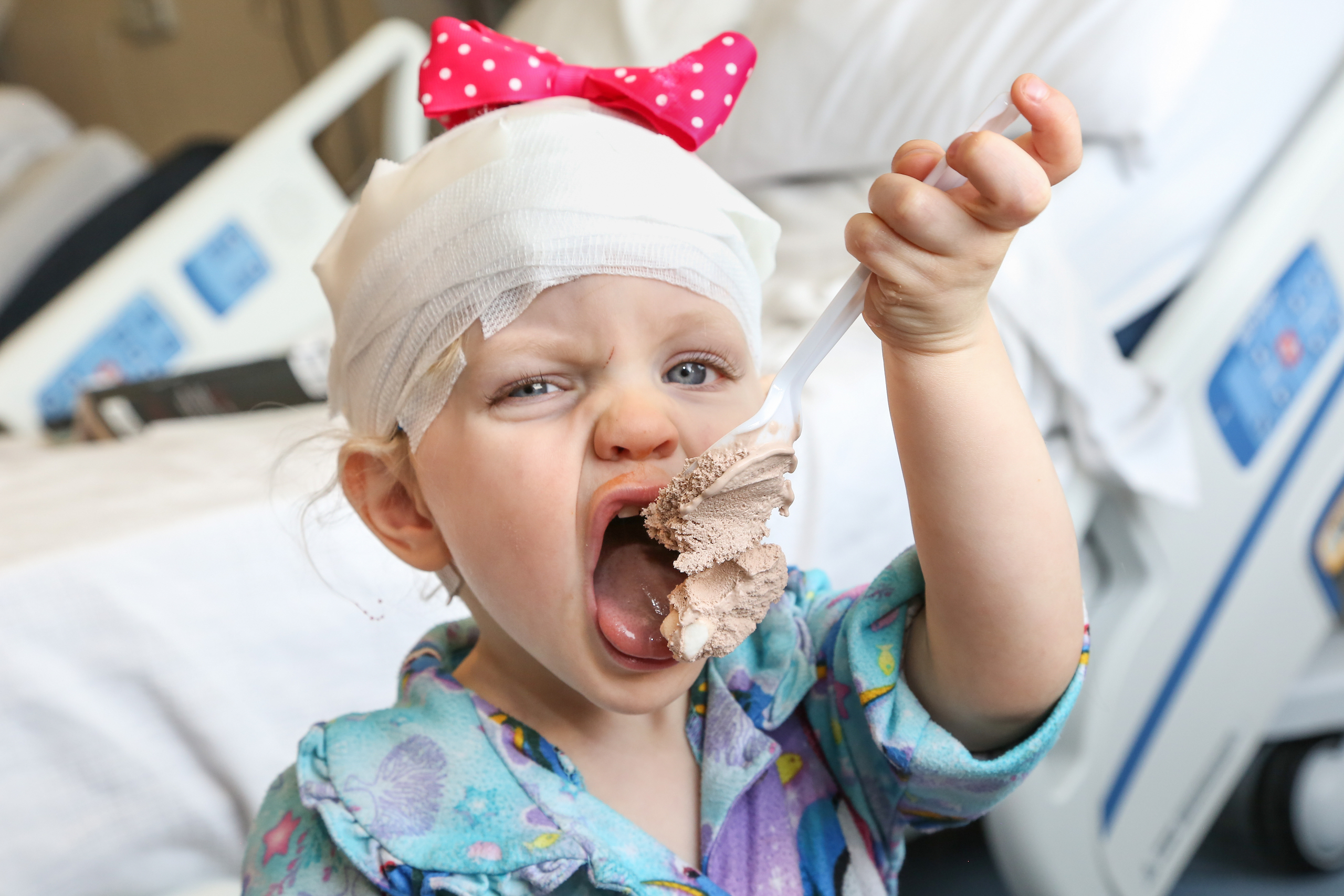
Every day, children’s hospitals help make moments possible. From providing access to the comprehensive care that children need to grow up to supporting children, teens, and their families with specialized treatment for some of the most complex illnesses. Discover more about the moments made possible by children’s hospital through patient stories from around the country.

Children’s hospitals provide advanced care for the most complex conditions in environments specially designed for pediatric patients, allowing children like Isaac to thrive.
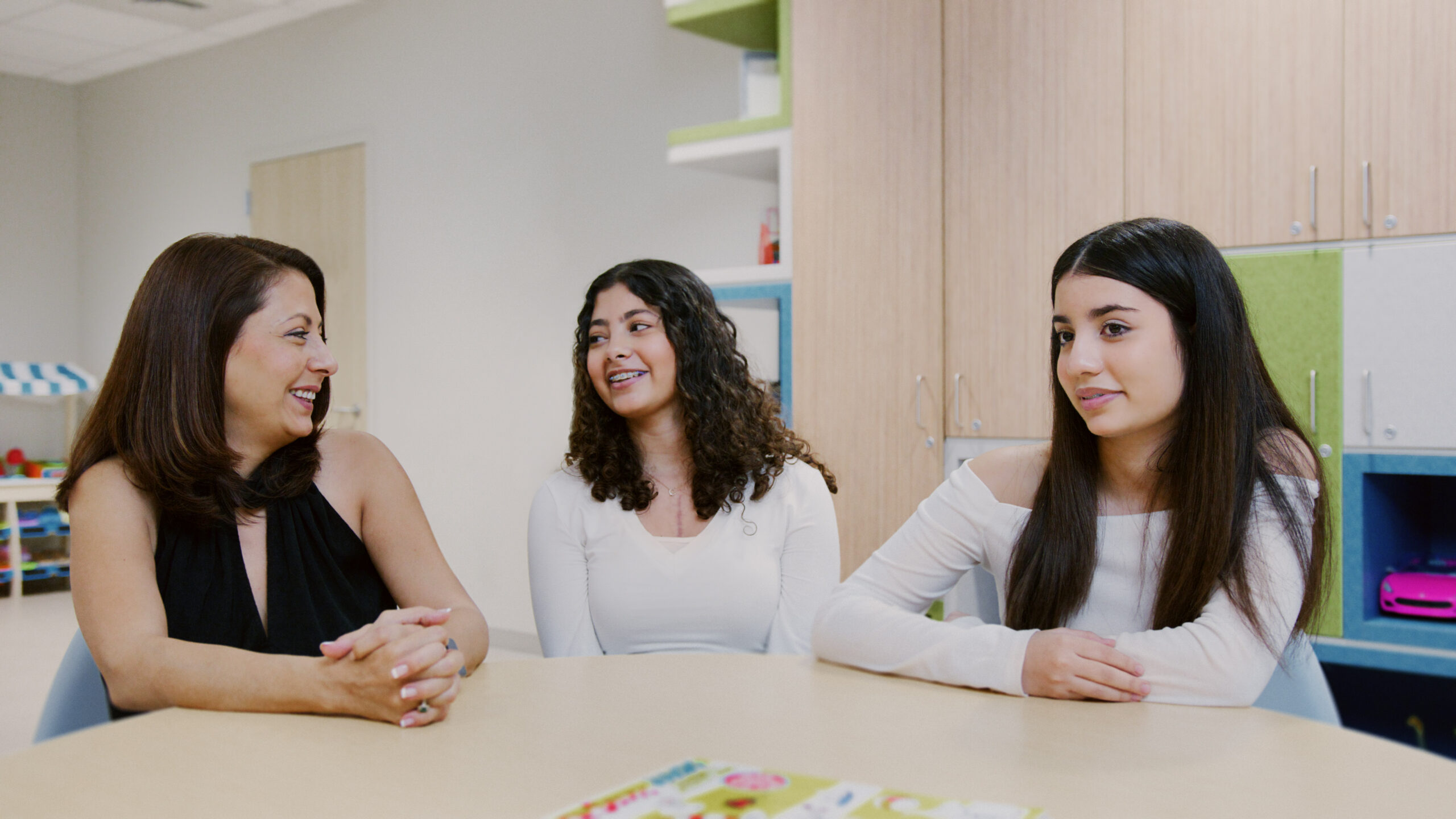
The specialized multidisciplinary teams at children’s hospitals ensure that children and teens – like Cami – can beat multiple complex conditions like cancer and heart failure.
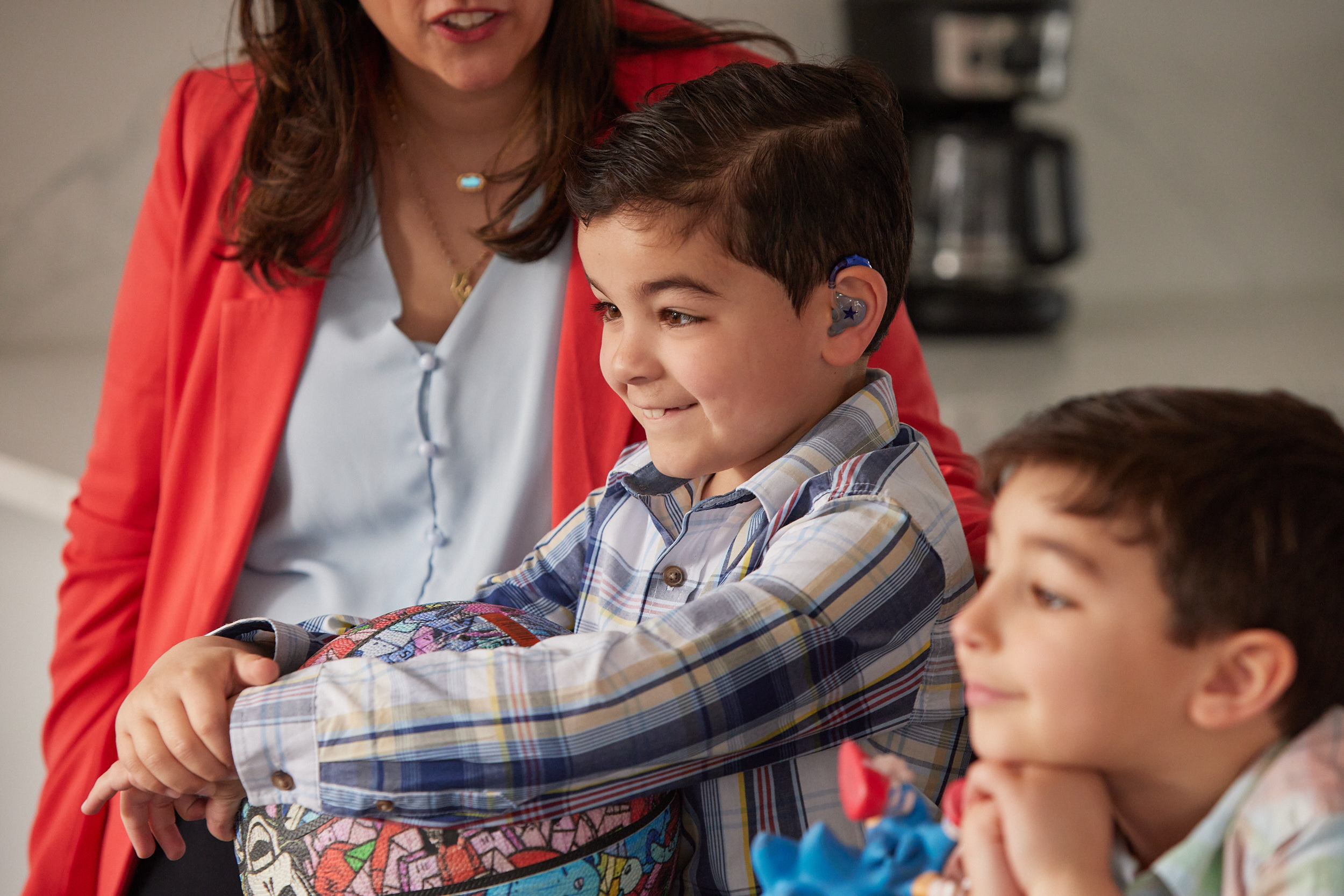
The advanced, specialized care that children’s hospitals provide make moments – like Joseph beating pediatric brain cancer – possible.
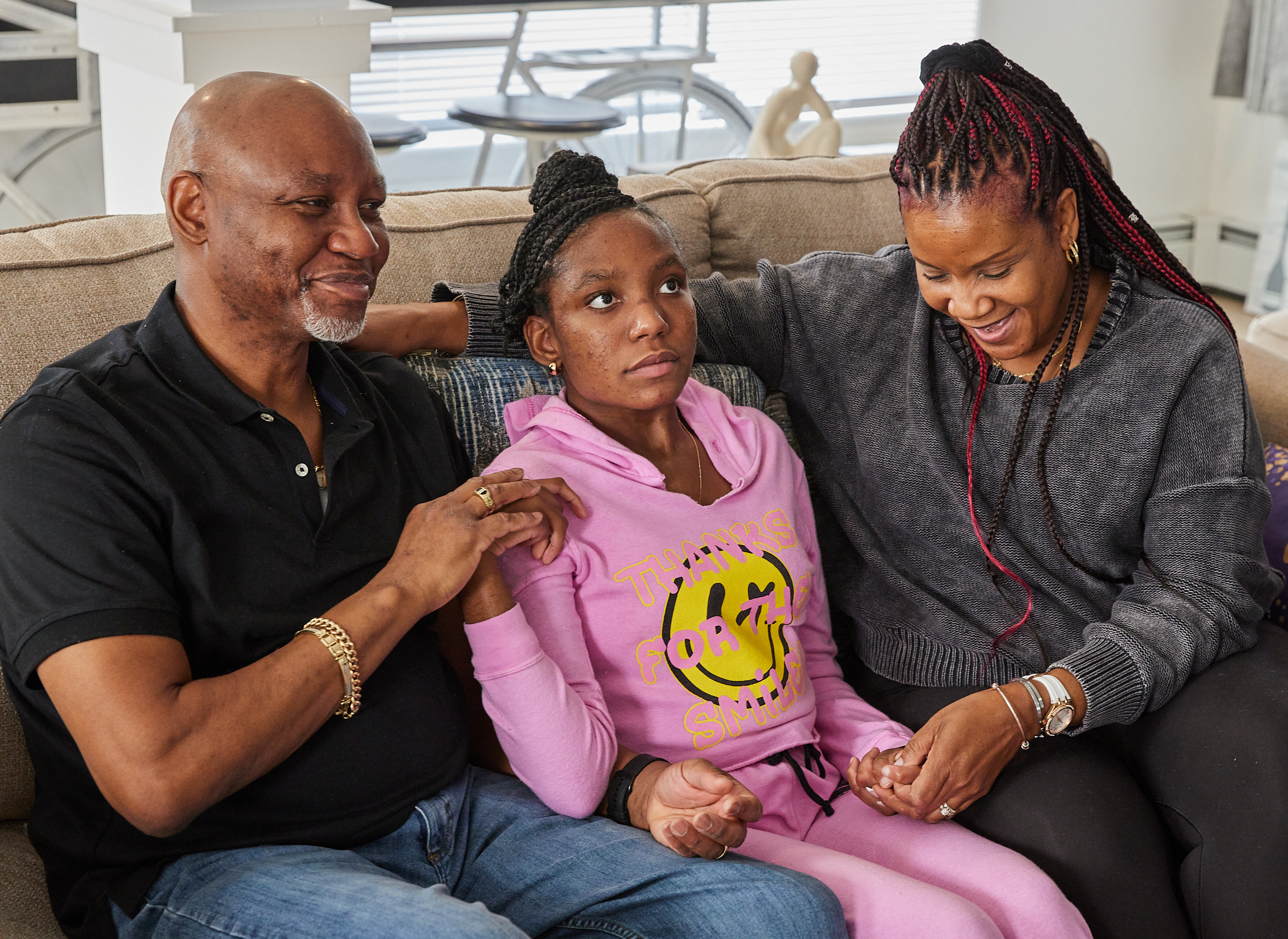
With care delivered by specially trained pediatric clinicians, in environments designed just for children, children’s hospitals help children and teens – like Daniella – navigate complex medical conditions.
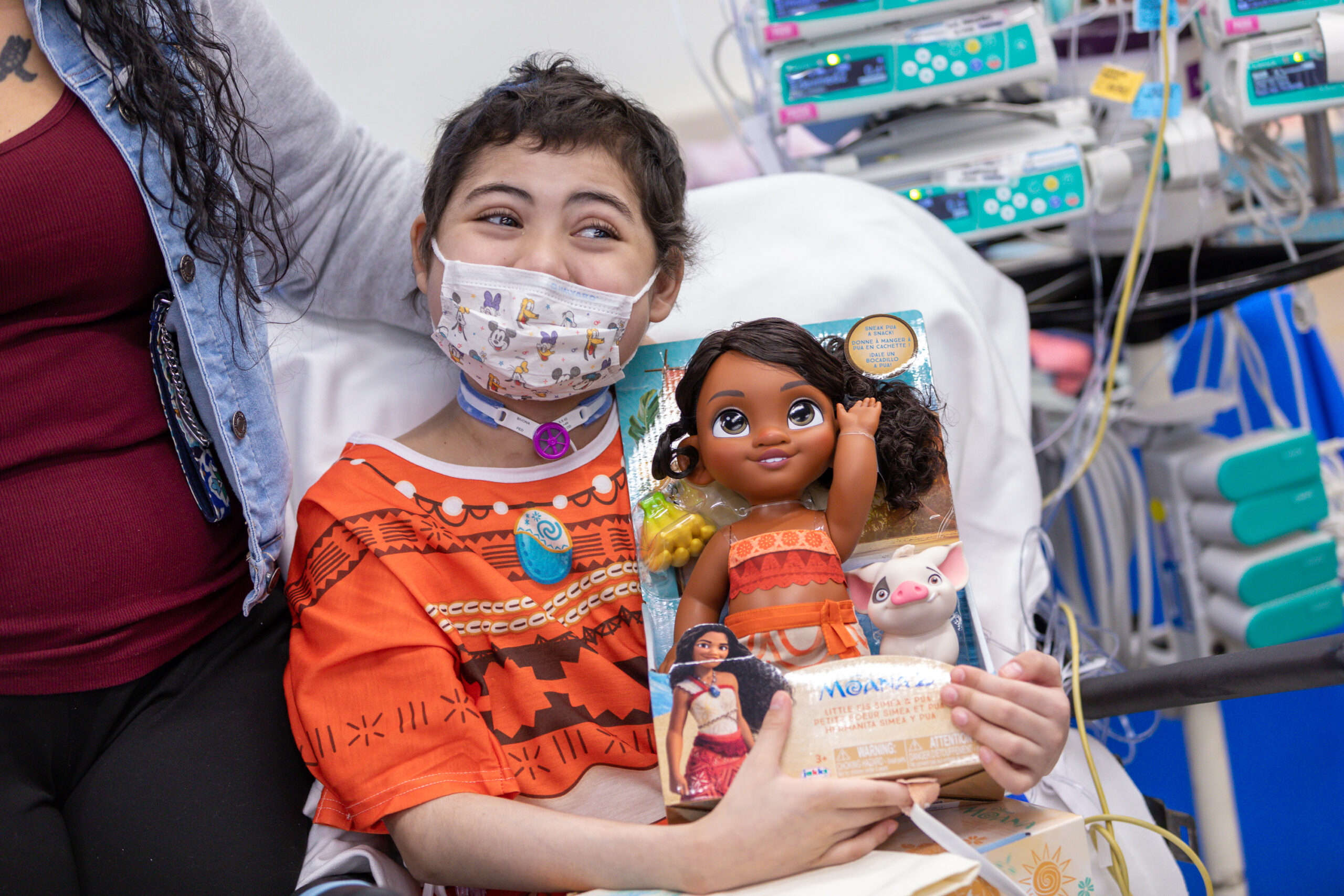
Kapi’olani Medical Center for Women & Children has been Rezen’s home away from home for more than a year. The 10-year-old was diagnosed with aplastic anemia, a rare and life-threatening blood disorder. Last year, she received a bone marrow transplant and spent months in the Pediatric Intensive Care Unit. Despite these challenges, moments of joy and comfort shine through her journey. When Rezen was nervous before a routine MRI, her child life specialists gave her a Disney Princess-themed Starlight Hospital Gown to add a little magic to her stay. The Walt Disney Company and the nonprofit Starlight Children’s Foundation bring Disney Princess-themed Starlight Hospital Gowns to pediatric hospitals across the nation, helping patients like Rezen feel more comfortable during treatments. Through this long-standing collaboration, Rezen has received numerous princess gowns, building up an impressive collection. In December, Rezen completed her princess collection, receiving a Moana-themed gown, and attended a special private showing of Moana 2, experiencing the movie’s adventure before its official release! Navigating a rare disease comes with immense obstacles, but collaborations like this bring light on difficult days. Disney-themed Starlight programs, along with her care team, help make Rezen and thousands of other pediatric patients feel the magic and inspiration every child deserves.
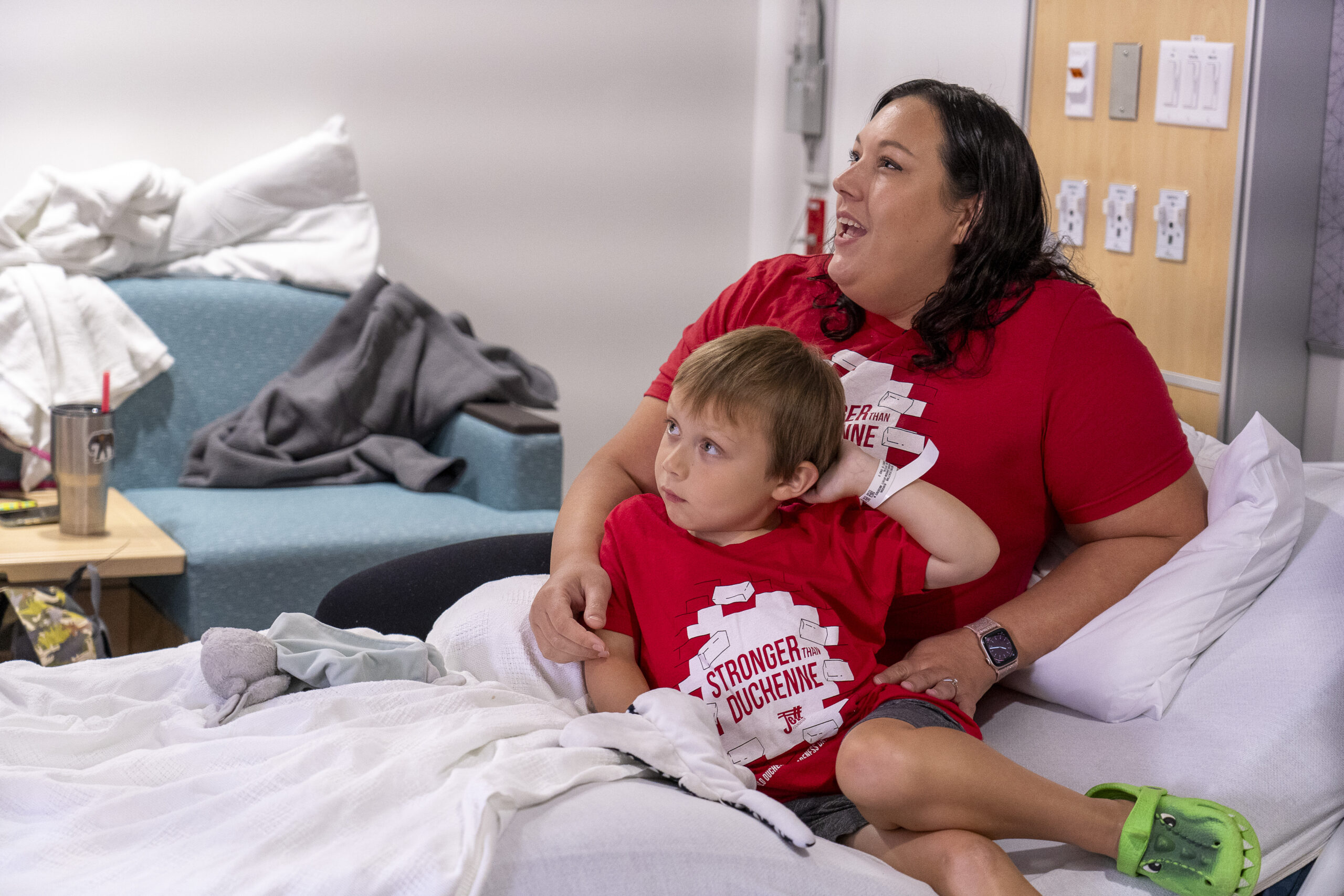
Karson’s sixth birthday was just around the corner when he asked for a simple wish: chocolate in every form imaginable. At the Children’s Hospital of The King’s Daughters (CHKD), Karson had been battling Duchenne muscular dystrophy since he was diagnosed at just 20 months old. Thankfully, a new novel gene therapy had just become available and held the promise of generating vital muscle proteins crucial for Duchenne patients like Karson. Days before Karson’s sixth birthday, the medication was transported overnight from Chicago, prepared, and administered. As he proudly demonstrated his strengthened limbs post-treatment, his family felt joy and relief, and most importantly for Karson, his care team brought him all his favorite chocolate treats for his birthday. Thanks to care from his children’s hospital, Karson and his family are now embracing more milestones, more cherished moments, and, of course, more chocolate.
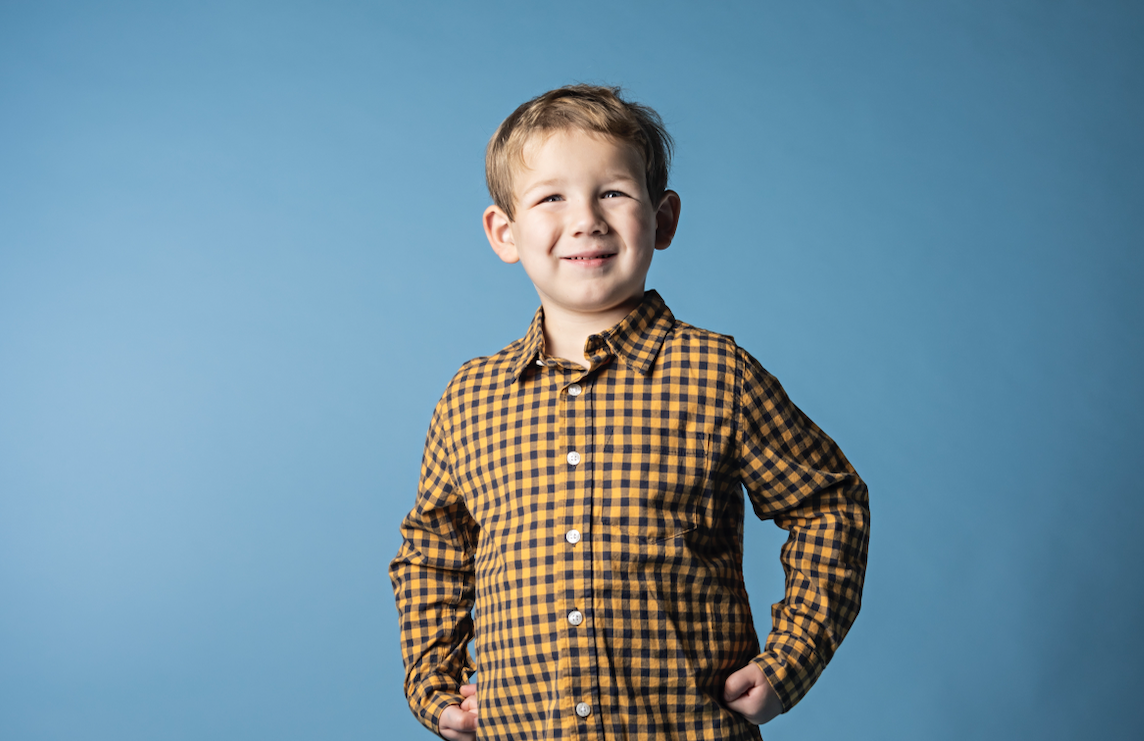
When Leo was just two years old, doctors discovered cancer in his kidneys, lungs, and veins. From the start, Leo’s treatment plan was complex and demanding. When chemotherapy rounds were delayed due to illness, the hospital staff at Lehigh Valley Reilly Children’s Hospital rallied around Leo, ensuring he received the best care and support. The team worked tirelessly alongside specialists from the Children’s Hospital of Philadelphia, coordinating surgeries and treatments seamlessly to optimize Leo’s chances of recovery. When Leo began radiation treatment at Lehigh Valley Reilly Children’s Hospital, he became the first child to receive this type of care at the center, marking a milestone in pediatric oncology for the hospital. His family was moved by the hospital’s kindness, which included celebrations and gifts for Leo, marking his milestones with joy and encouragement. Leo’s courage, tenacity, and strength have shown through every step of the way. Today, Leo is in remission and is a rambunctious and lovable 3-year-old, always bringing smiles to those around him.
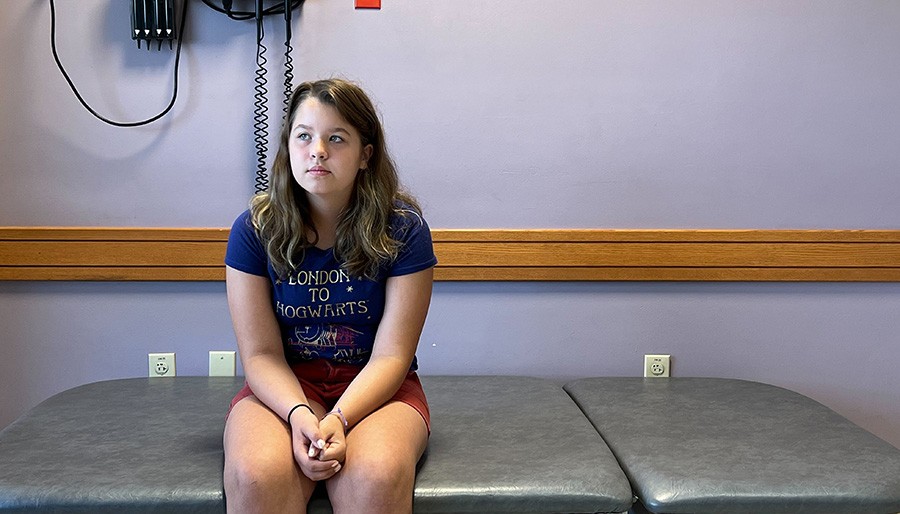
One evening, Arie began to experience intense pain in her head followed by uncontrollable vomiting. Arie was swiftly transferred from a local hospital to Children’s Wisconsin where a CT scan showed a brain bleed resembling a ruptured aneurysm. Aneurysms in children are rare, and the cause is usually unknown. Arie’s aneurysm was complex, involving the main blood vessel going to the back of her brain and occipital lobe. The most common treatment, called a coil embolization, posed risks so the team at Children’s Wisconsin proposed something that had never been done at the hospital before – a bypass to reroute the blood supply to Arie’s vision area. Doctors took an artery that fed blood to Arie’s scalp tissues on the back of her head and connected it to the surface of her brain. By redirecting blood from the scalp to the affected territory, blood flow can be maintained, which protected her vision. After the bypass, the team performed the traditional coiling procedure of the aneurysm. Arie’s recovery went smoothly. Today, she continues to be monitored by Children’s Wisconsin. She is stable, and she has no long-term side effects from the aneurysm or surgery. She is enjoying middle school, loves bike rides, and taking care of her bearded dragon, Cheeto.
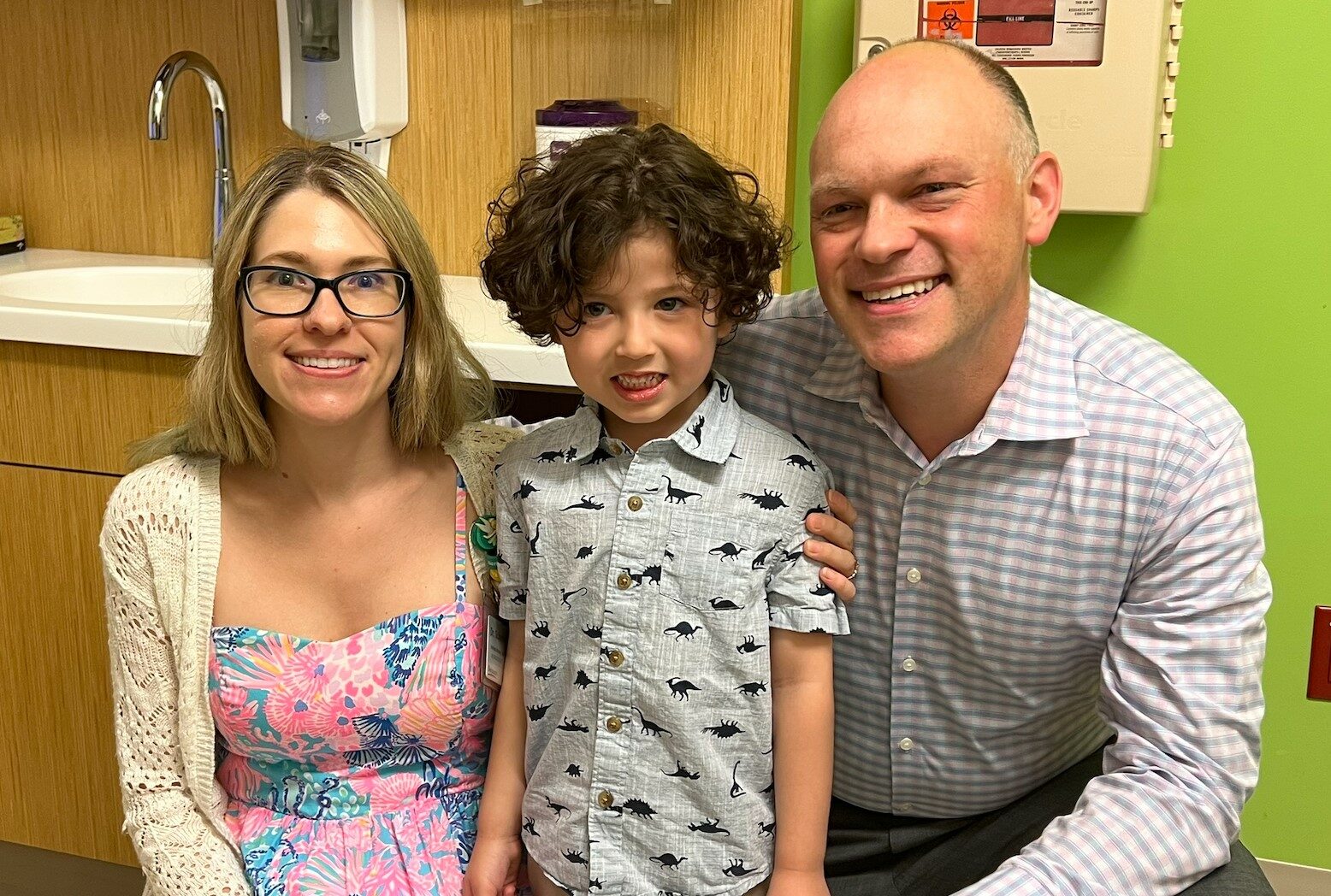
When Yanex was only nine months old, his doctor noticed a lack of developmental progress. Yanex still wasn’t trying to sit or crawl, and his movements were limited. But most notably, his physician was concerned about the shape of Yanex’s head. After an X-ray, his team at Nemours Children’s Health diagnosed him with craniosynostosis, a birth defect that causes seams between the bones in a child’s skull to close prematurely. This was preventing him from developing his mobility, leaving him very dependent on his parents. The craniofacial team followed up with multiple treatments. They first remodeled and expanded Yanex’s forehead and later expanded the back of his skull to provide enough room for his brain to grow. Yanex’s care team supported the family through both surgeries and the recovery, ensuring they fully understood each treatment and procedure. Yanex made a remarkable recovery, learning to crawl, walk, and run within seven months of the surgeries. He also began talking more as time went on. Today, Yanex is a healthy toddler who enjoys playing with his siblings!
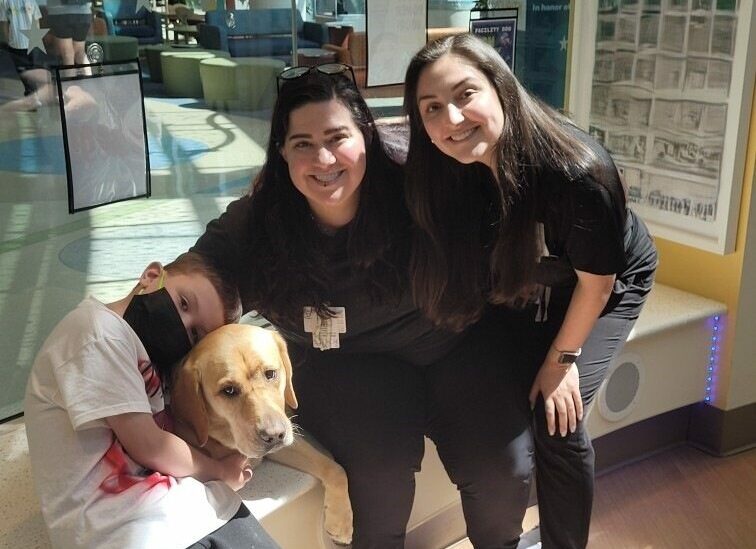
At the end of summer, just as Theo was supposed to return to school, he instead settled in at Atrium Health Levine Children’s Hospital for a heart transplant. Being away from school and friends, Theo began to get lonely. That’s when Seacrest Studios at Levine Children’s Hospital invited him to co-host BINGO. Seacrest Studios are broadcast media centers built within children’s hospitals, giving pediatric patients the opportunity to explore different forms of media through interactive programs at children’s hospitals. Theo had so much fun during his first interaction that he returned any time he wanted to laugh or make a friend. On Theo’s 100th day at the hospital, Seacrest Studios staff surprised him by dressing up as 100-year-olds! Thanks to the upbeat, exciting environment Seacrest Studios provided, Theo made many happy memories and some friends along the way. Theo successfully received his new heart, and although his hospital stay is now over, he still stops by Seacrest Studios when he has follow-up appointments. Creative, interactive programs like Seacrest Studios help make pediatric hospital stays – no matter how short or long – more enjoyable for pediatric patients like Theo.
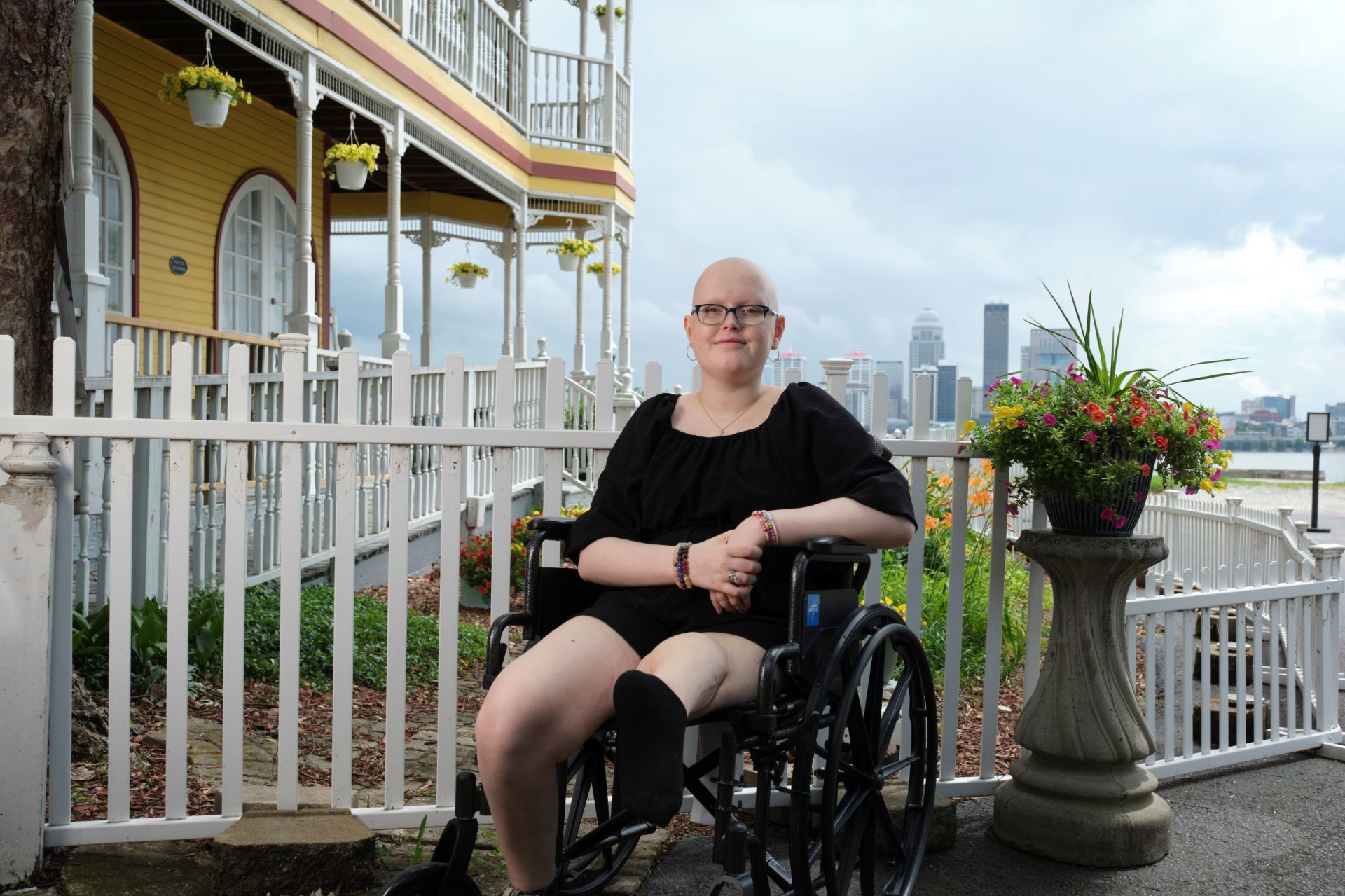
At 14-years-old, Abby began to experience knee pain. As a gymnast, Abby and her family chalked it up to an injury but when the pain didn’t go away, Abby got an MRI which revealed a mass in her leg. A biopsy confirmed it was osteosarcoma, a bone cancer that tends to occur in children and young adults. If the osteosarcoma is not advanced, it can be treated by removing the affected limb and undergoing chemotherapy. Abby and doctors at Norton Children’s Cancer Institute wanted to find a treatment path that offered her the most mobility and decided to perform a rotationplasty instead of a full limb amputation. The procedure involves removing the bottom of the femur, the knee and the upper tibia, and then the lower leg is rotated and attached to the femur. The ankle becomes the knee joint and patients wear a prosthetic limb on their reattached foot. Abby had her rotationplasty and is currently undergoing chemotherapy treatment at Norton Children’s. Abby’s family is no stranger to Norton Children’s. Her younger brother received a heart transplant at the hospital, and Abby recovered in one of the same rooms her brother used while in the hospital. The family is comforted knowing the care team at the hospital will treat Abby like family and remain optimistic about Abby’s journey.